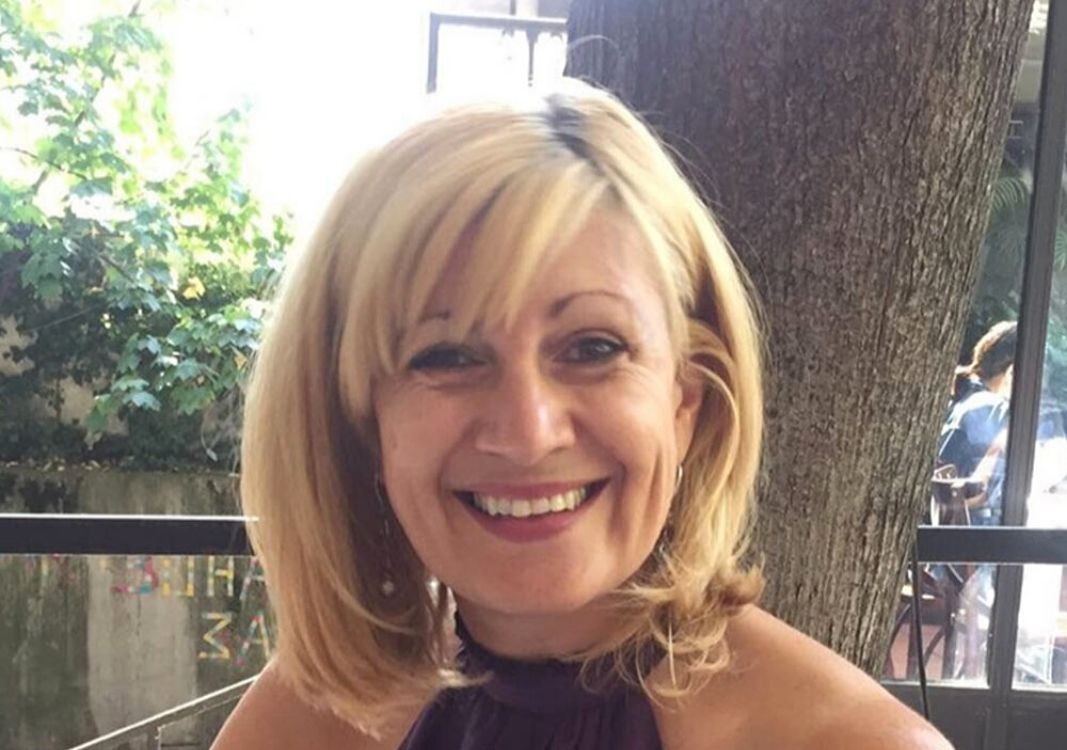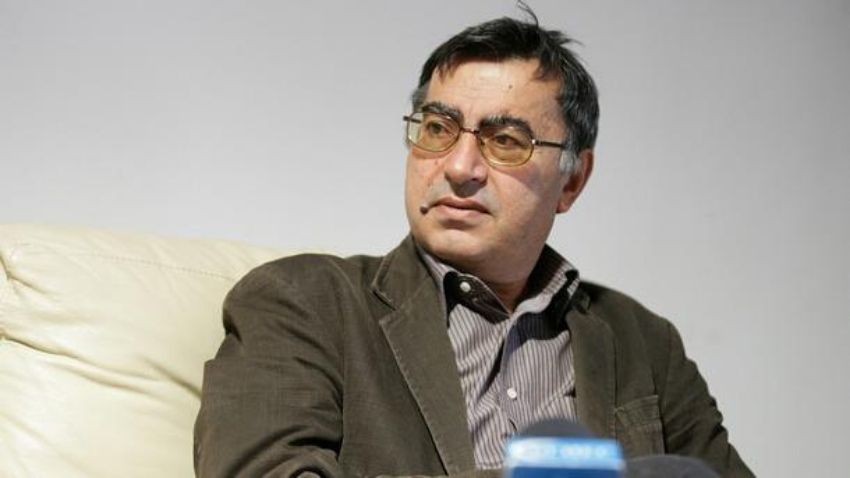We each find something every day that makes us happy, and though briefly, brings a smile to our faces. The most candid answers to the question what happiness is come from children. They are capable of happiness without any specific reason – a knack we tend to lose as the years go by.
One of the ways we can become happier is if we adopt a positive outlook, if we try to give more than we take…
We should be grateful for what we have. We live in a beautiful country and have many things we do not value enough, says in an interview for Radio Bulgaria entrepreneur Lyubov Kirilova.

Basically, there are three keystones to happiness – propinquity with the people around us, proficiency in what we do and the freedom to make our own decisions. If each one of us makes progress in these three things we would be happier people, she says.
Proficiency is the element that is most underrated in this country with an enormous portion of Bulgarians feeling unhappy with what they earn, and with their work’s worth.
The key to happiness, Kirilova says, is to be thankful for three things that have happened during the day. That will make us happier and more productive.
As to making happiness a new national objective for Bulgaria, sociologist Zhivko Georgiev is skeptical:

I have never heard any political force or representative of any public authority make such a commitment. No party has set such a thing down as a priority. In the Scandinavian countries and in other countries where the endeavour is to build a society with a human face there is consensus that the best way to gauge society’s progress is the so-called gross national happiness index. It has 12 aspects, among them psychological well-being, health, time use,as well as good governance, living standards, cultural diversity etc.
Taking a look at this index we see that Bulgaria is below the world average. The reason isthat there is a decline in all indexes, especially leisure time, the time we each need for ourselves.
That is true of South and North America, and of Europe which is going through hard times in spite of the economic growth, Zhivko Georgiev says. Against this background there is a slight positive shift in Bulgaria which is statistically negligible. A positive effect is in place most of all in a growing job satisfaction, a certain increase in incomes and a certain amount of satisfaction with local government. The local elections at the end of last year did their job, replacing some of the most hated faces in local government. The new faces have not yet had time to disappoint. Environmental assessment remains negative, and not only because of the water crisis, this seems to be a permanent trend.
The sociologist has his own recipe of happiness and it is simple – “a normal family, a good and meaningful job and more smiles around me.”
According to a gross national happiness index survey in this country, only 20 percent of Bulgarians are happy. 31 percent are unhappy, the highest share among this category being the Roma at 57 percent. Even so the survey, conducted at the end of 2018, shows a drop in this index of 10 percent.
Photos: happinessacademy.eu, Pixabay and archive
Exactly a month after the Bulgarian National Radio solemnly celebrated its 90th anniversary, history continues its dialogue with us, its authors. With a special event on February 25, the exhibition "90 Years of the Bulgarian National Radio - The Radio..
Exactly 3 years ago, on February 24, Russia’s invasion of Ukraine began – an event that woke up Europe 77 years after the end of World War II and called into question one of the main goals of the EU – preventing a new armed conflict on the continent...
The festive service for the consecration of the new Bulgarian Orthodox church in London is led by His Holiness Daniil , Patriarch of Bulgaria, who also officiated at the Ressurection Vespers on Saturday. Hundreds of lay people-official guests and..

+359 2 9336 661
